Matching and mirroring is not mimicry. To the contrary, it’s about being in tune with the other, by using your observations about the other’s behavior. Here are the four things you need to do, to match and mirror your interlocutor:
Body postures and gestures
What posture is the person you are having a conversation with assuming? What is he or she doing with his or her arms and hands? Is the person leaning forward or backward? Observe, and then match the posture and gestures. If, for example, the person is reserved in using the hands, there is no point for you to gesticulate frantically!
The rhythm of the breath
Pay attention to how the other person is breathing, and then match it. This technique helps tremendously in bonding with the other. If the person you are having a conversation with is breathing with her diaphragm, it will not help building rapport if you breath with your upper chest. Instead, match your interolocutor’s rhythm of breath.
The energy level
What is the energy level of your interlocutor? Is he or she shy, reserved or exuberant and extroverted? If he or she, for example, is timid, it might be perceived as aggressive and invasive if you are exuberant. If your interlocutor uses few words to express a concept, it does not make your communication effective if you are very wordy.
The tone of your voice
What is your interlocutor’s tone of voice? Is he or she talking softly, almost whispering? In that case, to build rapport, you need to mirror his or her tone of voice. Being loud, in fact, will not help establishing a bond with your interlocutor. In addition, pay attention at the speed of the speech. Is your interlocutor speaking slowly or fast?
Paying attention to these four characteristics and mirroring them when communicating with others, helps you with rapport building (By the way, I am currently sending free videos to individuals interested in learning techniques on how to build rapport. Just sign up here for my weekly advice on effective communication).
Read the full article here on Psychology Today.

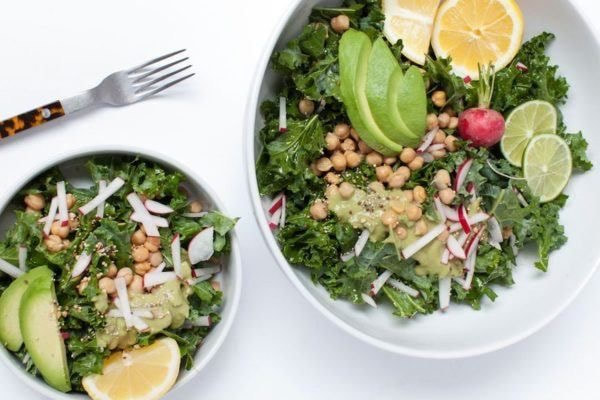



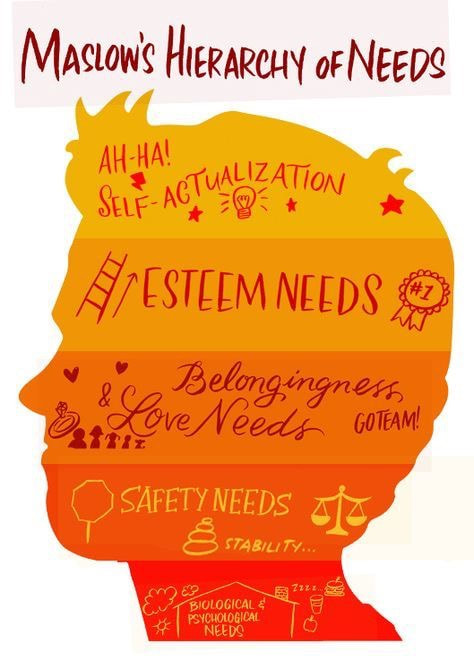
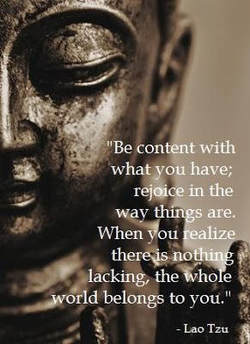





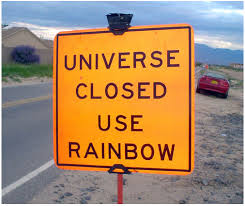
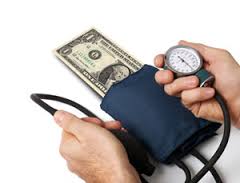
 RSS Feed
RSS Feed